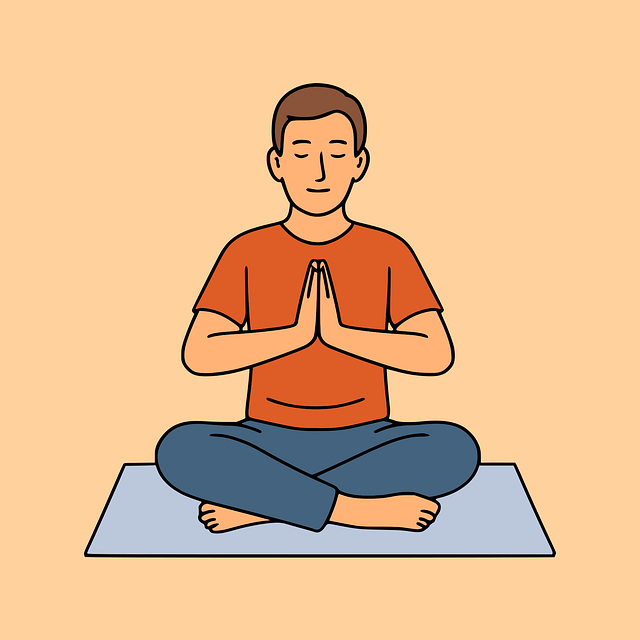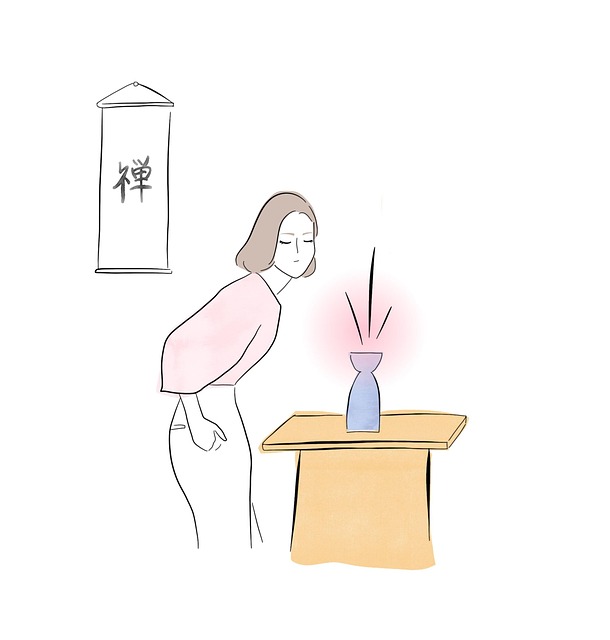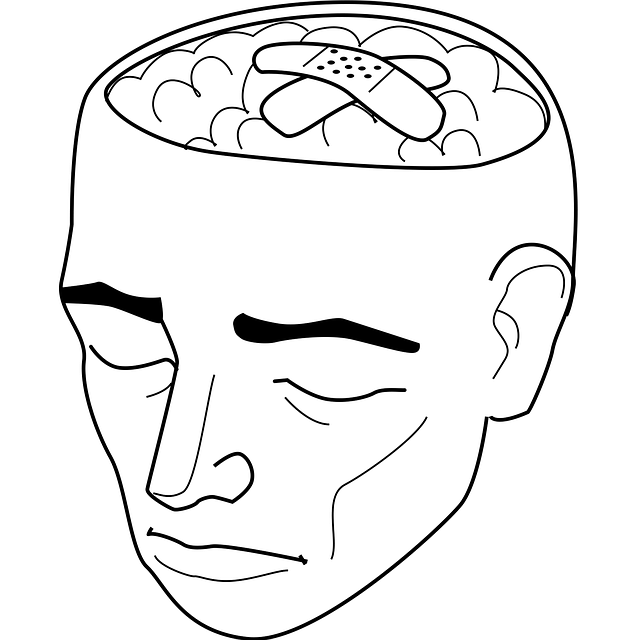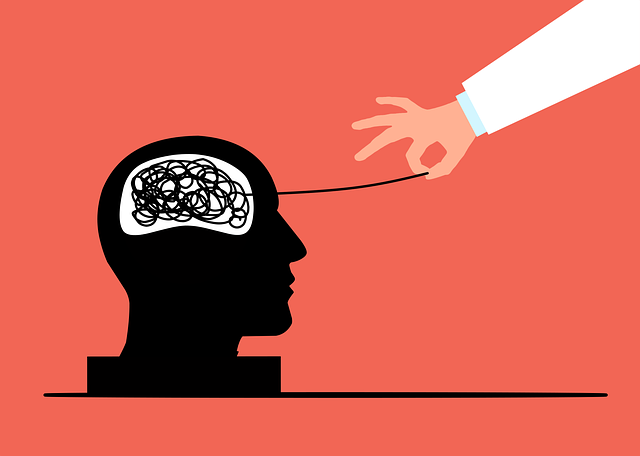Mental wellness requires proactive self-care. Recognizing triggers like work stress or social anxiety allows for strategies like therapy (including Lone Tree Anger Management Therapy) and support groups to build confidence, reduce stress, and improve self-esteem. Daily mindfulness practices, such as meditation and deep breathing, along with regular physical activity, are foundational self-care techniques that enhance emotional resilience and overall well-being. Incorporating these into morning rituals and everyday life, either through structured workshops or informal training, fosters mental wellness and prevents depression. Lone Tree Anger Management Therapy provides specialized support for anger management, teaching skills for stress reduction, emotional regulation, and improved relationships, ultimately leading to better mental health outcomes.
Mental wellness is a cornerstone of overall health, and cultivating a self-care routine can be transformative. This article guides you through the process of developing a robust mental wellness regimen. We’ll explore understanding your unique mental wellness needs, from recognizing triggers to implementing essential self-care practices. Key areas include incorporating mindfulness techniques, leveraging physical activity for mood enhancement, and seeking professional support when needed—even considering Lone Tree Anger Management Therapy for personalized care.
- Understanding Your Mental Wellness Needs: Recognizing Triggers and Stressors
- Building Blocks of a Self-Care Routine: Essential Practices for Daily Grounding
- Incorporating Mindfulness: Techniques to Calm the Mind and Body
- The Role of Physical Activity: How Movement Can Improve Mental Clarity and Mood
- Seeking Professional Support: Exploring Lone Tree Anger Management Therapy and Its Benefits
Understanding Your Mental Wellness Needs: Recognizing Triggers and Stressors

Understanding your mental wellness needs is a crucial step in developing an effective self-care routine. It’s essential to recognize and acknowledge the triggers and stressors that impact your emotional well-being. These can range from everyday pressures like work deadlines or financial worries, to more specific issues such as social anxiety or past traumas. Identifying these triggers allows you to take proactive measures and develop personalized strategies for coping. For instance, if public speaking is a stressor, consider engaging in anger management therapy or joining support groups to build confidence.
Lone Tree Anger Management Therapy can be a valuable resource for individuals seeking to manage intense emotions and reduce stress levels. Public Awareness Campaigns Development and Stress Management Workshops Organization play a vital role in educating folks about mental wellness and promoting self-esteem improvement. By recognizing and addressing these triggers, you can create a more balanced lifestyle, enhancing your overall mental wellness and resilience.
Building Blocks of a Self-Care Routine: Essential Practices for Daily Grounding

Developing a self-care routine is a powerful tool for maintaining mental wellness and overall well-being. At the heart of this practice lies the creation of a solid foundation through essential daily grounding techniques, which serve as the building blocks for a balanced life. One effective strategy involves incorporating mindfulness practices such as meditation or deep breathing exercises into one’s morning ritual. These activities help individuals connect with their senses, cultivate present-moment awareness, and regulate emotions effectively, thereby reducing stress levels throughout the day.
Additionally, fostering healthy communication strategies and emotional intelligence is integral to a robust self-care routine. Engaging in open dialogue with trusted friends or seeking professional support from Lone Tree Anger Management Therapy can provide valuable outlets for processing emotions and resolving conflicts constructively. By regularly practicing these essential self-care techniques, individuals can enhance their ability to manage stress, improve emotional resilience, and nurture a profound sense of inner peace.
Incorporating Mindfulness: Techniques to Calm the Mind and Body

Incorporating mindfulness into your self-care routine is a powerful tool for managing stress and cultivating mental wellness. Techniques such as meditation, deep breathing exercises, and yoga can help to calm both the mind and body. Start with just a few minutes each day, focusing on your breath and observing your thoughts without judgment. Apps and online resources can guide you through these practices, making them accessible and convenient.
For those dealing with anger or other intense emotions, mindfulness can also serve as an effective stress reduction method. Lone Tree Anger Management Therapy, for example, utilizes mindfulness techniques to help individuals understand and regulate their emotional responses. By integrating mindfulness into your daily routine, whether through structured workshops offered by a Stress Management Workshops Organization or informal practices learned through Healthcare Provider Cultural Competency Training, you can foster mental resilience and improve overall well-being.
The Role of Physical Activity: How Movement Can Improve Mental Clarity and Mood

Incorporating physical activity into your self-care routine is a powerful way to enhance mental wellness. Regular movement has been shown to significantly improve mental clarity and mood, acting as a natural remedy for stress and anxiety. When we engage in physical exercise, our bodies release endorphins, often referred to as ‘feel-good’ hormones, which can reduce feelings of pain and promote an overall sense of well-being. This chemical reaction not only lifts our spirits but also boosts our energy levels and cognitive function, allowing for improved focus and concentration.
For those dealing with anger management issues, such as those seeking Lone Tree Anger Management Therapy, physical activity can be a valuable tool in mood management. Exercise provides an outlet for pent-up emotions, helping individuals channel their feelings into productive outlets like running, yoga, or team sports. Moreover, regular movement supports healthy communication strategies, fostering better self-expression and emotional regulation, which are essential components of depression prevention and overall mental health maintenance.
Seeking Professional Support: Exploring Lone Tree Anger Management Therapy and Its Benefits

For many individuals struggling with anger management issues, seeking professional support is a pivotal step towards achieving mental wellness. Lone Tree Anger Management Therapy emerges as a specialized and effective approach, catering to those seeking to understand and overcome their anger-related challenges. This form of therapy provides a safe and supportive environment where clients can explore the underlying causes of their anger, learn healthy coping mechanisms, and develop strategies for better emotional regulation.
The benefits of Lone Tree Anger Management Therapy extend beyond immediate relief from angry outbursts. It equips individuals with valuable skills to navigate stress management workshops, burnout prevention techniques, and even fosters cultural sensitivity in mental healthcare practice. By addressing anger constructively, clients can improve their overall well-being, enhance relationships, and lead more fulfilling lives.
Developing a mental wellness self-care routine is a transformative journey. By understanding your unique needs, recognizing triggers, and adopting essential practices like mindfulness and physical activity, you can effectively manage stress and improve overall well-being. Lone Tree Anger Management Therapy serves as a valuable resource for those seeking professional support, offering tailored techniques to navigate anger and enhance mental clarity. Embracing these strategies allows individuals to cultivate resilience, promote positive thinking, and lead more fulfilling lives.














